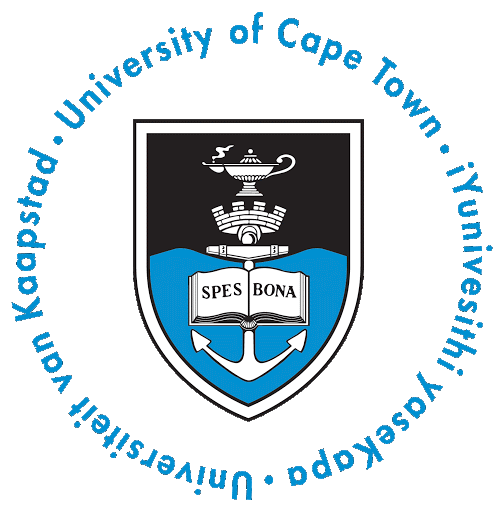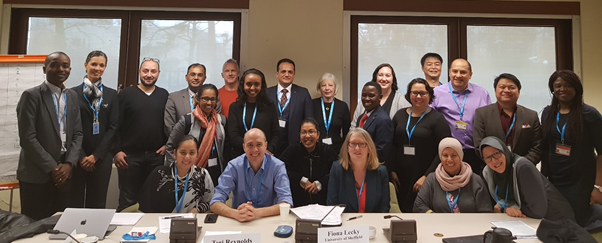The GEM-CARN project is predominantly funded by the Global Challenges Research Fund (Round 1) under Research England’s Quality Related strategic funding, and we gratefully acknowledge this support.





The Global Emergency Care Research Network project (GEM-CARN) is a coalition of researchers generating evidence to better guide the development of emergency care systems in low-resource settings.
Globally 80% of healthcare emergencies in children and working age adults occur in low- and middle-income countries (LMICs). While prevention is ideal, not all emergencies can be prevented. The World Bank Disease Control Priorities project estimates that over half of all deaths in LMICs could be impacted by emergency care. For example, research has shown that people with similar injuries are nearly twice as likely to die in LMICs than in high income countries. A recent World Health Assembly Resolution aims to extend emergency care coverage, but there is a lack of research evidence to suggest which emergency interventions and care systems should be prioritised for development.
We propose to address this by establishing a global network of emergency care researchers – bringing together researchers from many different disciplines and countries to establish the best way to improve emergency care in low resource settings.
We will improve awareness and understanding of the challenges of providing emergency care in LMICs by creating a website and academy and collaborating on new emergency care research studies. Our research priorities will be based on evidence reviews, gap analyses and early data from WHO initiatives in Africa using the WHO Emergency Care Toolkit. These will help us design large studies to evaluate which medicines, procedures and emergency care system elements will best reduce premature deaths in the LMICs.
